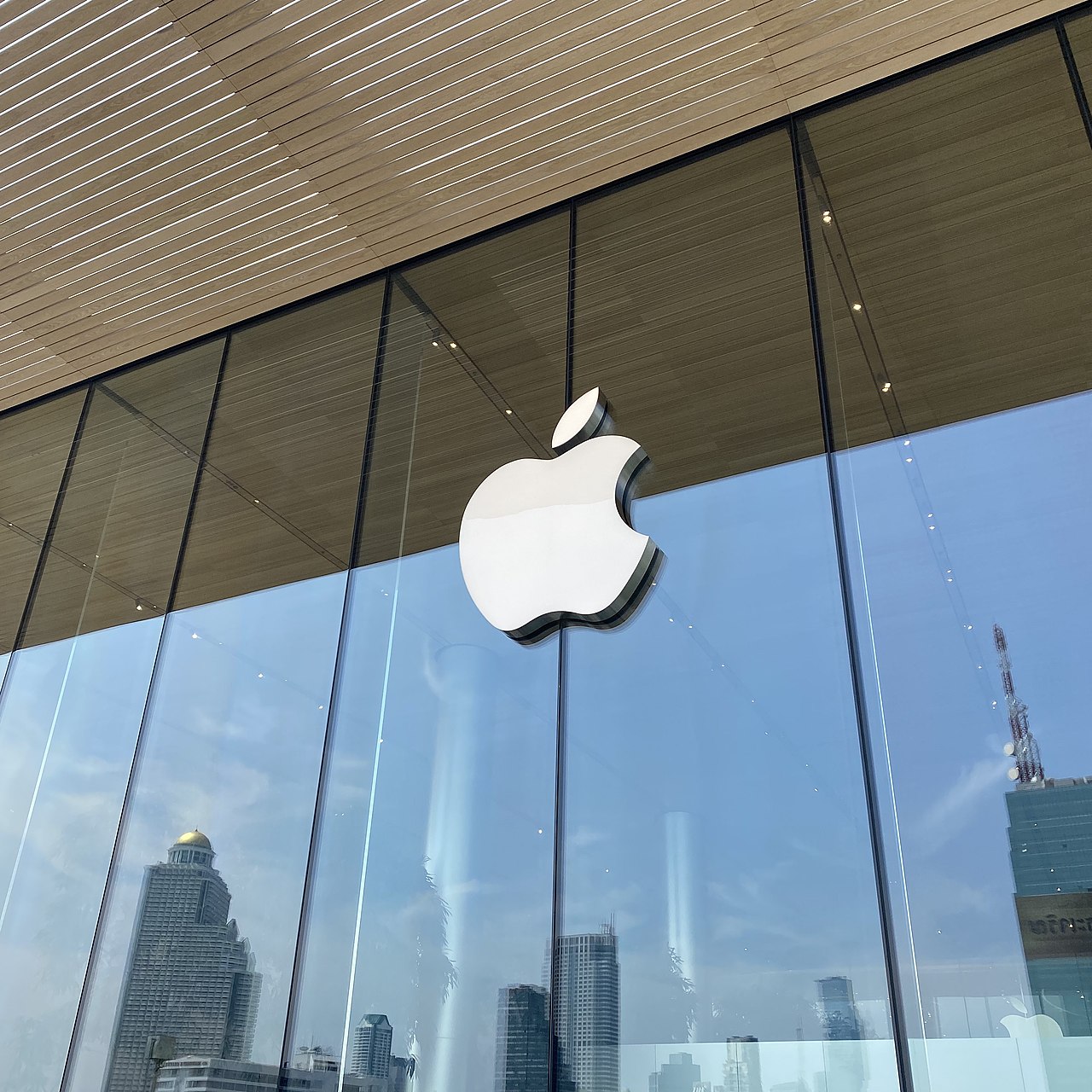In our constantly evolving capitalistic world, where we prioritize competition in innovation and wealth, we can never have limitless success. It’s clear that companies can’t withhold their own sovereignty as our interdependent world is catalyzed by collaboration. Innovation is being stifled by the monopolization by these sovereign corporations as they want to capitalize on the success of their business.
Apple holds the most commonly used smart products in the United States as they have made it clear that they have the best technology. Being known for their top of the market products through their many unique features like its slim, clean cut design, Apple holds an edge over many other companies as the symbol of the modern phone. This idea spreads past just the phone’s physical features: its advanced software called the IOS allows for seamless connection between all Apple’s products like their watches and tablets. This phone has every feature that you could think of in the grasp of your hand.
Despite Apple’s ingenuity and innovation, they are being sued by the Department of Justice for holding an unfair advantage in monopolization of the smartphone industry. By imposing restrictions on the third party applications of other devices and withholding obligations on app developers, they are allegedly violating Section 1 of the Sherman Antitrust Act, which outlines certain tenets of monopolization. Apple hinders their competition through controlling the API (application program interface) that controls which third party applications are allowed to interact with the smartphone. As a result, many “knock off” smartphones by Samsung and Google are being forced to live in Apple’s shadow, not being able to compete due to the extreme power of the largest smartphone distributor. Hence, this is said to be lowering the level of innovation in the smartphone industry.
This problem spreads past just interoperability between other phones and devices, their use of super applications along with the notorious App Store limits the freedom of both app developers and other devices. The goal of super apps is to create a unique and unified experience among all of its users. However, Apple’s use of these super apps comes in the form of their system of their IOS applications that work seamlessly together. For example, in Apple’s iMessage application, there is a disparity between Apple and third party devices when placed hand in hand. These third party devices aren’t allowed access to other applications apart from the ecosystem like Facetime. However, these applications are often inoperable or provide a disjointed experience between other smartphones. In the other example of the App Store, Apple makes it so it’s the only way to install applications onto the device. In response, Apple’s control over this market limits the competition of other companies.
Recently, it has come clear that the cost of ingenuity and entrepreneurship is at the price of being criticized for monopolization despite fitting into the ideals of competition. From the perspective of business owners like Apple, who just want to prioritize the capitalization of the success of their own business, creating a “monopoly” is only natural. The practice of anti-altruism across businesses trying to exert an advantage, so why are only the large businesses being held accountable?
Apple was the first company to create a device such as the Iphone, so why are they being forced to change their API and applications to fit into the needs of other lesser imitations? Erasing the ideals of competition, diminishes the value of ingenuity.
Monopolies can be defined as “the exclusive possession or control of the supply of or trade in a commodity or service.” They are being sued for having a monopoly despite Americans only having 60% of their smartphones as Apple products. This “new definition of monopolies” from the App Store can be used in many other examples like wholesale companies who charge memberships. They choose what products are allowed to be sold in their stores and set a price in which they want it sold. They are held to more cut throat standards however, these companies aren’t being sued for monopolies.
Unless the idea of competition is completely removed from our capitalistic society, Apple should not be sued by the DOJ or any form of government due to the hypocrisy that it conspires. The use of anti-altruism is used in almost every form of business in the sense that companies look out for their best interests. This can also be seen in marketing or campaigning how you try to make the other competitor look bad, raising your image. Apple can now be seen as the victim as the rest of society conspires against them.





